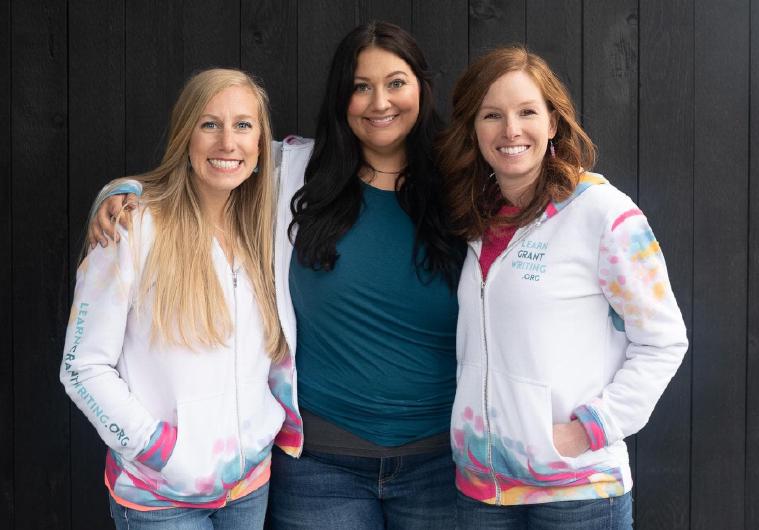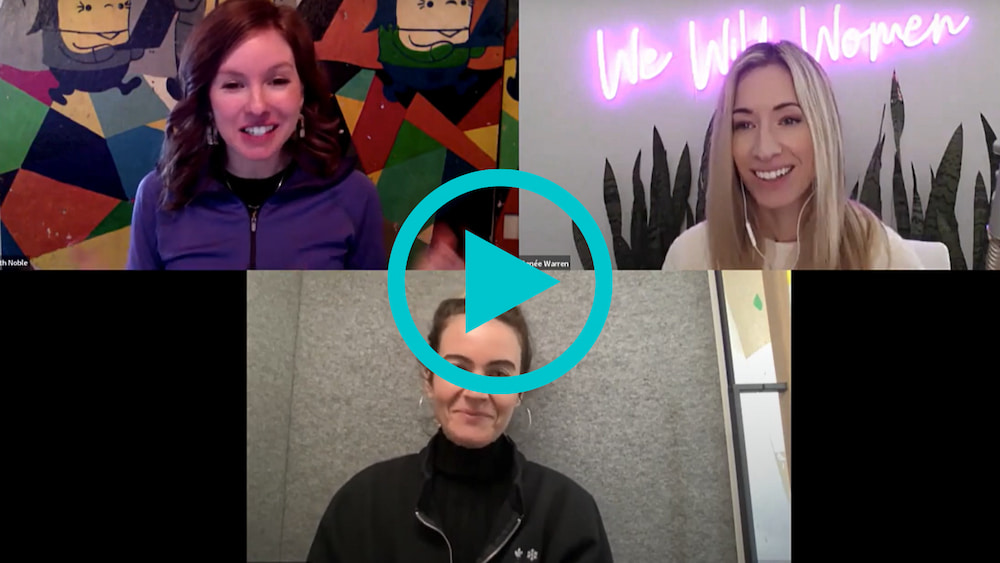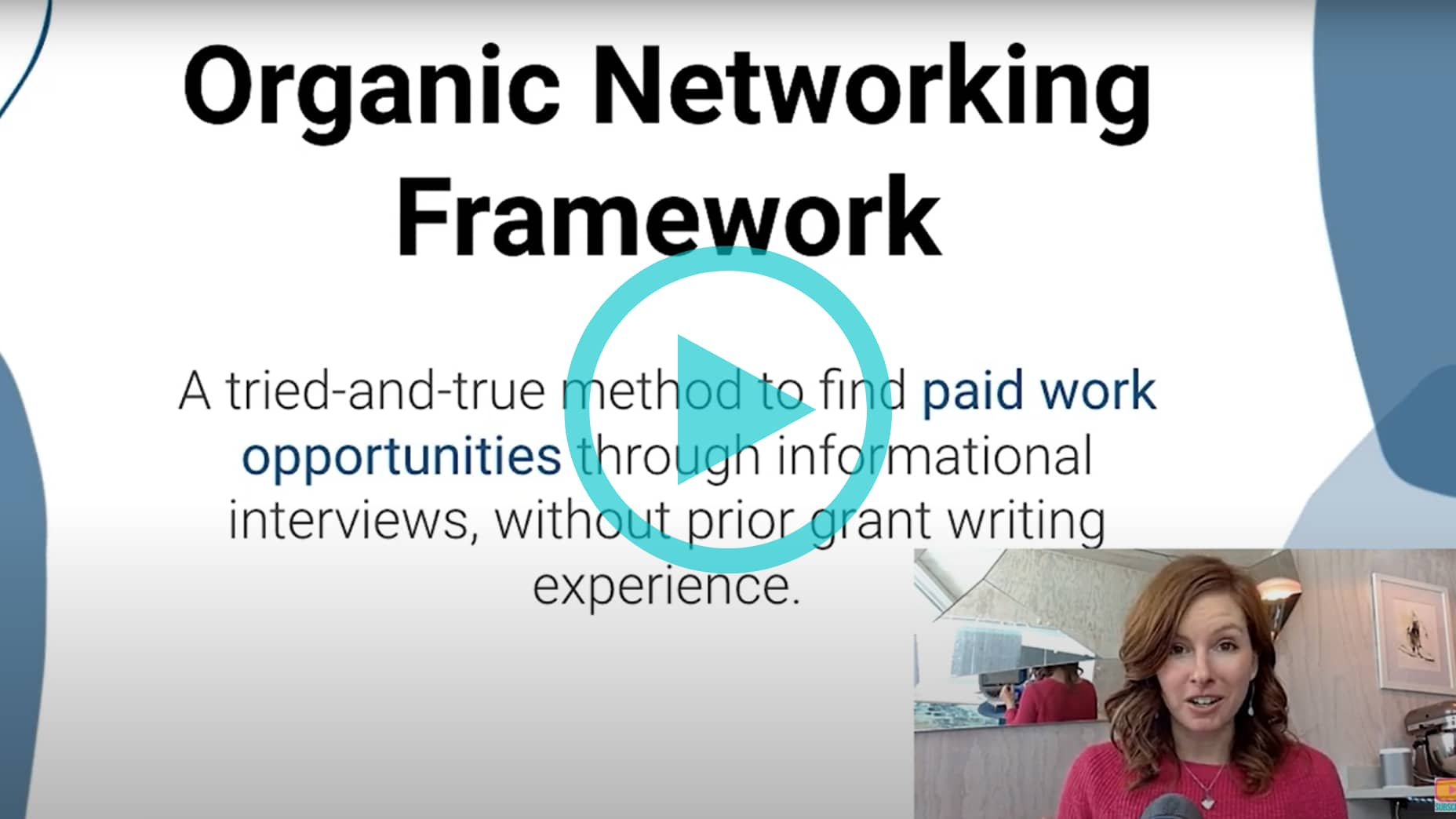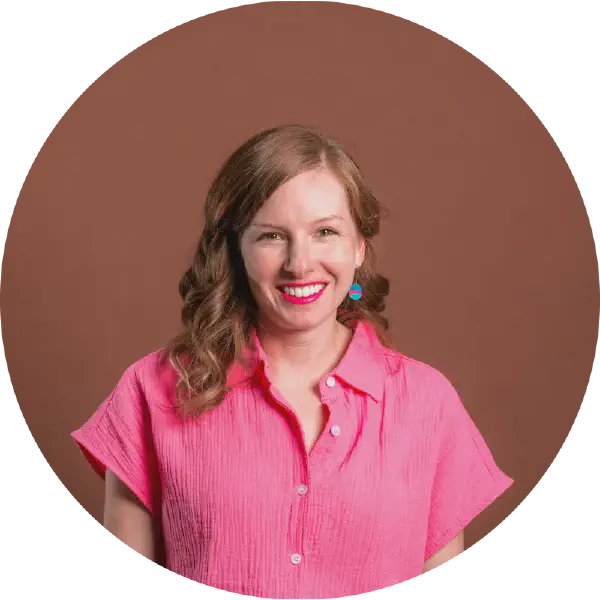Kiera is a member of the Global Grant Writers Collective. We’ve learned so much from her! When she suggested a blog topic around the topic of soul care and part-time entrepreneurship, we knew we couldn’t pass up the opportunity to publish it. Everyone has something going on—whether they choose to share it widely or not. This is a topic we resonate with deeply, and think you will too. We have changed the name of the individual to protect her privacy. In every other regard, this article is true and honest from her perspective.
Entrepreneurship In Real Life
Entrepreneurship is a big, intimidating word. It can seem like it is reserved for the privileged few who can afford to invest in themselves.
When I first heard the term “side hustle” I thought, are you kidding me? I am struggling with my regular hustle. Some days it felt more like a shuffle, or a stumble, or falling flat on my face. In early motherhood, I once sent a friend a cartoon of a stick figure on the floor reaching toward the coffee maker, but sadly, not close enough to get to the relief. I was surviving, but just barely.
Many of us have a challenge in life that expands to take up all of our spare energy. These struggles can be hidden. They are not widely shared on social media. The facade of having it all together is just that: a front.
The reality is that we have small kids who make crumbs - and other messes - everywhere. A family member is chronically ill and needs significant support. There are unglamorous parts of life that require attention. This can sometimes mean that working full-time hours is not a viable option.
So, can entrepreneurship truly work for new moms? Adult children caring for elderly parents? Someone living with disability or chronic illness? What if the realization sets in that a soul sucking day job is actually going to kill you? What if a medical emergency has made it clear that it is actively trying to?
Even in the midst of those challenges, we find ourselves drawn to the idea of entrepreneurship. What if we want to support ourselves financially in a meaningful way and make a contribution to the world?
The Roadmap To A Leap of Faith
For the past year or so, I’ve been watching people make this shift toward entrepreneurship. I want to say they are talented and energetic people. They are.
However, there is something else happening too. This shift toward entrepreneurship is incremental. There are stumbling blocks along the way. We get discouraged. Life happens. We wonder how we will manage it all. So far I haven’t seen anyone make one giant leap from a day job to a thriving six figure business. I wouldn’t believe it if I did “see” it. I know that’s not how it happens.
What I have seen is balancing, negotiation, and most of all naming fears in order to move past them. I don’t want to be my own boss and then find out I am terrible to work for. I don’t want to be the boss that makes me work when my kid is sick or when I am sick. Being an entrepreneur means being a boss. I want to be a good boss because as an employee, I need a lot of accommodations.
In fact, I’m only able to work part-time because of health issues. I’m not the only one.
Sometimes we think of the flexibility of grant writing being for that young adventurer, traveling with just a laptop and wifi connection and living out of a carry-on suitcase.
But others are drawn to flexible work because a family situation made them realize it is not worth it to leave a loved one unless the work is meaningful enough to also fulfill emotional needs. Some of us ended up here because we felt called to serve in a bigger way, and then we learned what powers that lever is growing personally in order to grow a thriving business.
A recurring theme I see in our Global Grant Writers Collective community is letting go of something - a stressful job or a bad client - which makes room for a better opportunity. We share these as “wins” and they are spine-tingling. Here’s just a small sampling:
- I hear an update on the job search: “I’ve been praying and searching for a while and thank God I didn't settle. I am so grateful!!!”
- An update from a new community member: “Deposited the check from my first client today. Even though it’s been slow going as a SAHM, I’m making progress.”
- An announcement from a grant writer who prospected 50 companies before she found a company that can grow with
her and was willing to negotiate pay for her work and equity in the business:
“I did it.
I finally freaking did it.
I landed a full time grant writing job.” - A heartfelt thank you to the community and team members who helped one grant writer secure almost 2 million in funding just this year. The focus was on service and support, but one fellow grant writer had to ask: “Do your kids know what a rockstar their mom is?”
I see members of the Collective demonstrating letting go of unworthiness, of needing the progress to be fast, of being limited by what others think is possible, and of doing it all alone.
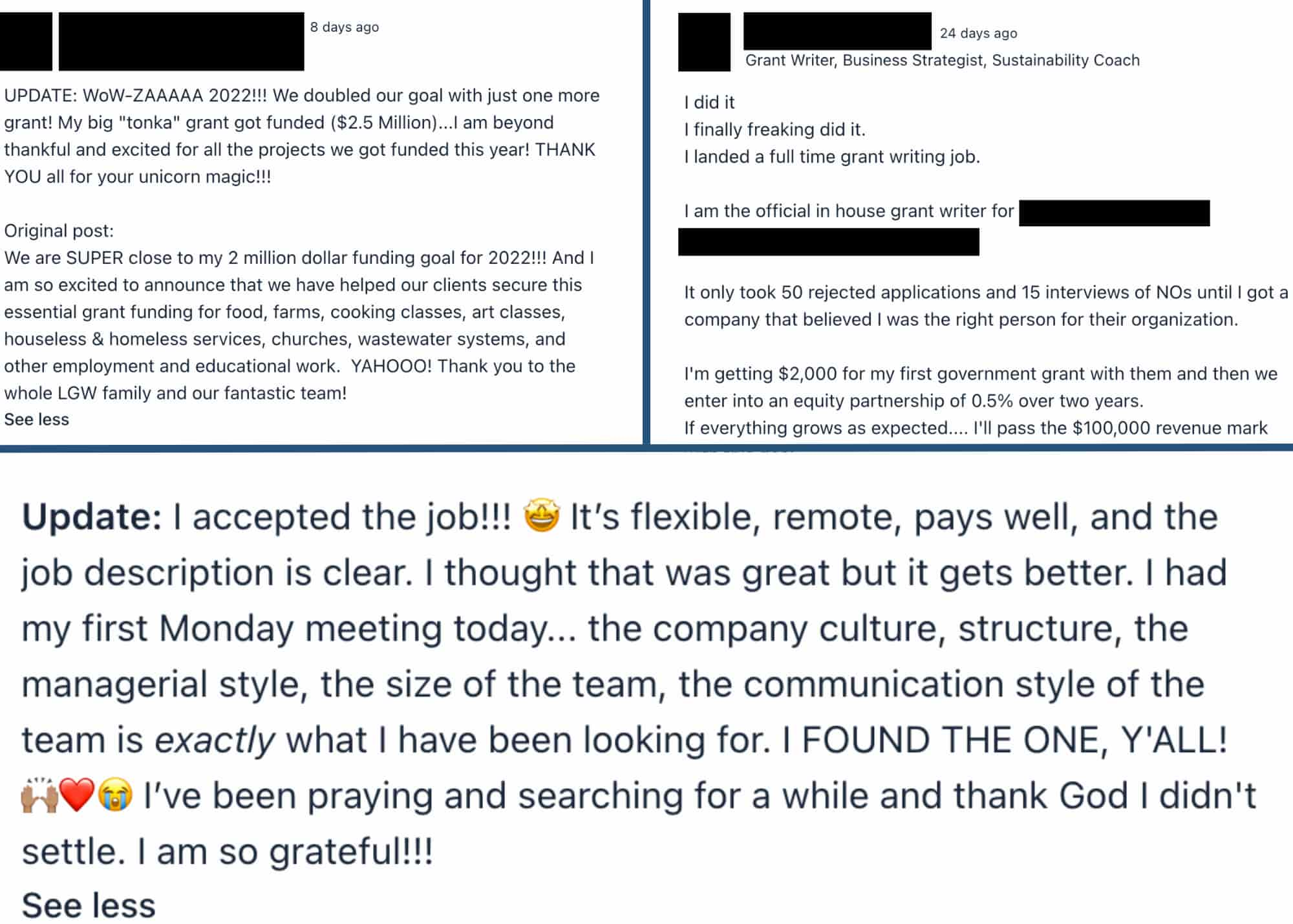
Soul Work
If we are going to be honest about how these friends of mine are working their magic, we need to talk about soul work.
There is work-work, house-work, childcare-work, volunteer work, and a plethora of other types of work I’ll just call grunt work. They can be tedious and never ending in their demands. A hungry kid wants another snack. We are out of clean socks again. Mom needs another dose of her medication to be taken with food. Here comes another meeting or appointment or deadline. All of these demands require that we give them energy.
Soul work is different. Soul work feeds you. I know when I am doing it because I look up and a lot of time has passed. I feel good about my connection to the world. It fills me up. It is a little different from self care, although that is part of it. It looks like progress on something meaningful. At its very core, it feels like flow.
Soul work gives me more patience when my past self would have lashed out or snapped at someone. Soul work builds my internal reserves and my resilience. It also gives me more clarity on the projects and clients that align with my values and the ones that don’t.
Work is a source of identity. Often it is a primary source of self esteem. And yet work is not life. There is a reason it is called work life balance. These forces can feel diametrically opposed. They don’t have to be.
Your true calling - work with purpose - creates a reason to get out of bed in the morning. When you are ready to explore this concept, know that you don’t have to do it alone. Having a community of people who believe it is possible is an essential ingredient. So are the practical habits that, little by little, with daily application, build a life you love.
Gentle Habit Building: Ch’weghtsen Point System
Building new habits with gentleness toward yourself can take some getting used to. When she was working with Indigenous Alaskans, Meredith discovered a new-to-her word, Ch’weghtsen. This roughly translates as self love. Of course Meredith’s way of measuring how well she is loving herself involves a laminated checklist and a little line graph in the back of a notebook. The basic premise is to measure some simple daily actions and see if you are really doing them daily.
The achiever in me loves the idea of a to do list that I can check off. This gentle habit building system is a little bit different because I can add in anything that I know would be caring for myself, but I don’t always do. Some habits, like drinking water first thing in the morning are already ingrained in my mind, but I still like checking them off.
These are easy things that don’t have to add more work to my already long list. Sometimes taking a moment of gratitude for things that are working gives me a sense that I have more space to think and be.
A lovely idea I’ve just added to my Ch’weghtsen is to do something sensory that is pleasurable, like aroma therapy, or taking a moment to notice a soft material that I’m wearing. Finding time for joy and appreciation of a simple pleasure each day can be a powerful counterpoint to the heaviness of grief and loss. It’s a little time travel trick I use to transport myself back to the present moment. As a person living with chronic pain and chronic fatigue, these moments keep me grounded in the reality that my life can be joyful.
Even if I don’t use it everyday, there is so much power in brainstorming a list of simple, positive actions I can take for myself whenever I choose. I’m training my brain to look for opportunities.
Watch the video where Meredith breaks down all the details about the Ch’weghtsen Point System.
Fill Your Own Cup First
I’m going to use motherhood as an example here, but stay with me. The analogy works for other kinds of challenges that draw on our energy less directly as well.
When I was pregnant, I was astonishingly hungry. In fact, someone was eating my food right out of my bloodstream. Now this can happen as drive by theft off of my plate at the kitchen table. Kids are growing and learning so they need nourishment. Mine just takes it, especially during growth spurts.
Any project I take on requires energy. So many times I have ended up feeling depleted. Even in my young life, I would work until I hit a physical breaking point - exhaustion or illness. It is really no way to live.
Now I know better, so I can do better. I can’t keep saying yes to others at the expense of my own care. I’m much more pleasant to be around and I do better work when I’m rested and fed. My belly doesn’t skip meals anymore. I’m getting better at regularly feeding my soul, too.
If you just want a better life, stop reading here and go practice your soul work. That can be enough for one human in one lifetime. If you are still curious about this entrepreneurship idea, let’s dive into the application.

Supercharge Your Gifts
Igaki is a Japanese word that roughly translates to your personal “zone of genius.” It is the intersection of what you love, what you are good at, what the world needs, and what you can get paid to do. It’s basically the definition of a dream job, so for an entrepreneur, it pays to get very specific about what this is for you.
Once I started investing in myself, I found I really had something to offer. I had to build my foundation first, before I had much to show for my efforts. This is true in my garden, too, and in all of nature. When I plant a seed, it seems like nothing is happening at first. It is all underground. The seed splits open. It sends a root down. It searches for nutrients. On the surface, nothing is happening for weeks, sometimes. This is frustrating if I’m expecting to plant a tomato seed on Monday and harvest tomatoes on Wednesday.
The easiest way to think about how to reach my goals in business and in life has been to break things down into smaller and smaller chunks until they are manageable. Sometimes this gets really granular. It is different from being in the hamster wheel because all the tiny actions are moving me toward a bigger vision.
Plant the seeds. Water the garden. Send the requests. Follow up. Check in again. Ask for reviews. Ask for referrals. Plant more seeds. Keep watering them.
For example, Learn Grant Writing uses the organic networking framework. This is all about connecting with people in an industry where you want to get your foot in the door. The goal is to make a meaningful connection with a person through an informational interview. A daily goal could be to reach out to one person to request this type of meeting.
Give this video a watch for more information on what the organic networking framework is all about.
Now this may seem small or insignificant because the first person you talk to is not going to offer the perfect opportunity the first time you talk to them. In cases where this does happen, there was groundwork already set up. If that’s you, grab that opportunity, my friend.
For mere mortals like me, it just takes these small daily actions until my opportunities show up. In the meantime, I’m working on my mindset and imposter syndrome so that when an ideal client asks me to help them, I say yes with confidence.
When the phone rings, or that dream client finally emails me back, I want to be ready with a full tank. To show up the way I want to, I need to be cool, calm, and collected. For me, that means I’m well rested and fed. Instead of worrying about things beyond my control, I’ve been doing the things I can. I’m free from distraction or at least I feel supported in managing the things that easily overwhelm me.

Asking For Help
It’s not fun to ask for help. And yet, we all need help from time to time. Sometimes it seems like less hassle to do it all ourselves. It is not. Doing everything prevents you from doing your thing well. It is the thing that only you can do. It makes people grin broadly or nod, wide-eyed. It gets you invited into rooms where you are surrounded by talented and accomplished people that make your imposter syndrome scream. You have a moral imperative to give your attention to it and nurture it. Ask for help with everything else so you can keep your focus where it belongs.
Asking for help can provide such relief. It is best to start with easy but time consuming tasks that you could pay someone else to do. How much head space is laundry taking up every week? How much better could you focus if someone packed up a healthy lunch? The first hire for a budding business is often a bookkeeper, but if domestic help is taking up energy, outsource it.
Help does not always have to cost you financially, but when I pay for outside help, I use the time buy back principle to free up my time for activities that provide higher value to myself and others.
A book that is frequently given as a gift within The Global Grant Writers Collective is “We Should All Be Millionaires: A Woman’s Guide to Earning More, Building Wealth, and Gaining Economic Power” by Rachel Rogers. If you have not read it, do yourself a favor and gift it to yourself.
She gives step by step instructions for what to hire out and how to find your helper. She is adamant that you can not wait until you can “afford it” to get help. We need help first so that we can earn more. She’s also refreshingly straightforward about why you should not be embarrassed to do so. Trust me, a person who is looking for a job washing laundry is expecting it to be dirty.
If you are more of a podcast person, you can catch her belly laugh and spot on advice on Hello Seven. Yes, that refers to seven figures.
Boundaries
This term came into the lexicon in the 1980s when therapy was normalized and seen as a tool everyone could use. Boundaries establish safety. They are actions and behaviors you can control - because they are the things you do - not expectations of others.
Examples of healthy boundaries include:
- I will only make big decisions on days that I am well rested.
- I will reschedule an appointment or meeting if the other person is XX minutes late.
- I will not reschedule with someone who chronically disrespects my time.
Boundaries protect your energy and keep you safe. No one can do it all. Somehow we are fed this idea that we can and should. The fear of disappointing others can keep us trapped here. We deserve to live lives with joy from our accomplishments, not just a sense of obligation to someone else’s priorities.
This framework is encapsulated concisely by the phrase “body first, business second.” I have to respect my energy because I know that my body will set boundaries for me if I don’t. When I do have time to dedicate to paid work, it has to be something that fills me spiritually. I know I am on the right path when I am eager to make my contribution to the world. I can feel it in my body. If it is something I’m resisting, I look a little more closely to see if it is someone else’s priority, or if it is out of alignment with my values.

Part-Time Work With Full-Time Pay
How can this all add up to part-time work with full time pay? The short answer is value based pricing. A successful entrepreneur is always on a learning curve to find their highest point of contribution. Charging for the value of work delivered allows the entrepreneur to create efficiencies behind the scenes. A well rested mind and body do higher quality work that is worth more.
Alignment with soul purpose makes the good projects and good clients easy to spot. Asking for help and eventually hiring help keeps the focus on activities that bring the highest value. Setting limits for ourselves sets us free. We don’t have to do it all, we just have to do the next right thing. Slowly but surely, you will find your niche, that igaki that is the nexus of interest, ability, contribution, and marketable skill.
This is your calling, your soul purpose, your life’s work. Identify and protect this asset. The world needs all of us to be making our highest and best contribution. Everyone. Parents and caretakers. Athletes, special Olympian’s, and the bedridden. Scientists and social workers. Teachers and Attorneys. Recent grads of Smarty Pants University and the School of Hard Knocks.
We all have something to contribute that is of value. Believe it. Claim it. Protect it. Charge for it.
Grant Writing Resources
Learn more about the Global Grant Writers Collective here where entrepreneurs are learning new skills and supporting one another as they grow. You don’t have to do this alone.
Keep reading our blog articles. Specifically, this one is all about how stay-at-home moms pursue grant writing as a career .
To hear from others in the Collective, check out these new reviews and wins.
Also, don’t miss our FREE Class on Writing Grants in just 7 easy steps!


